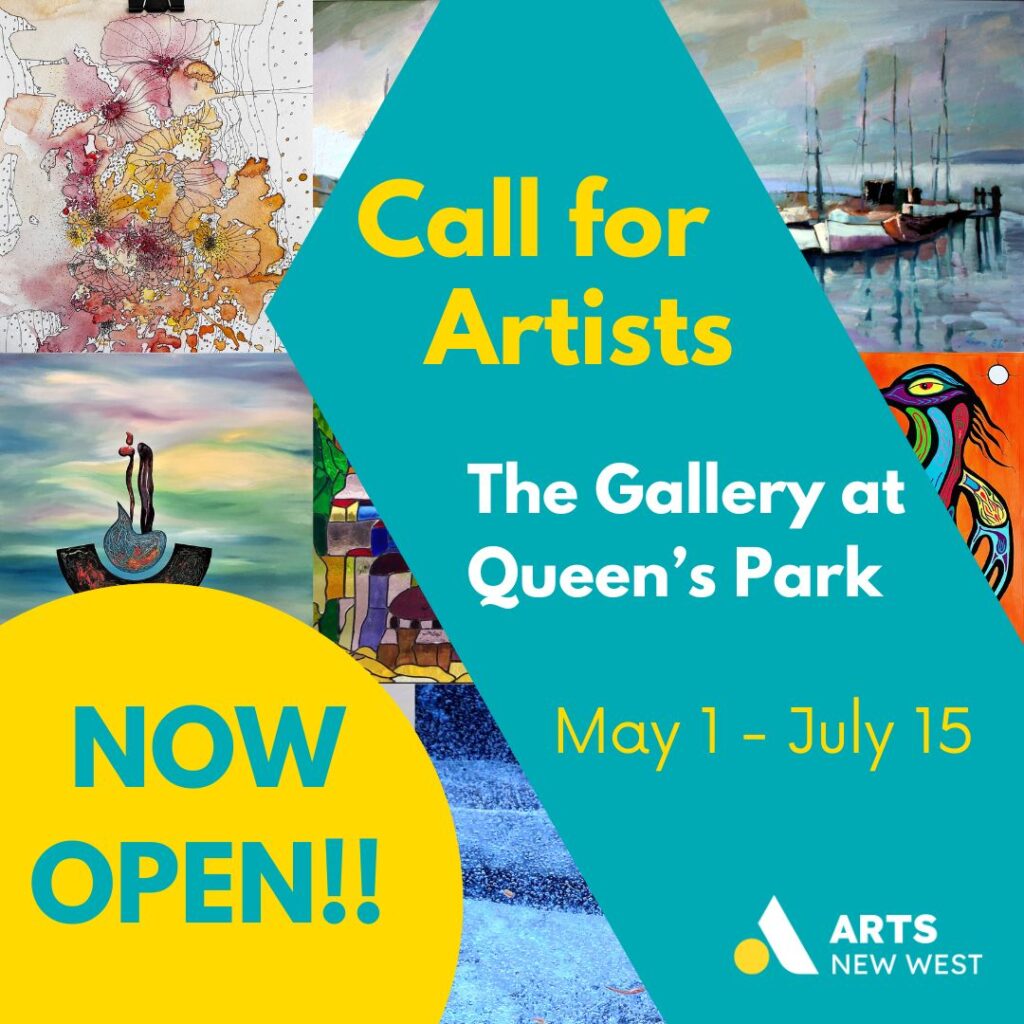
The Arts Council of New Westminster presents:
Manuel Axel Strain
Artist Talk: Sunday, February 18, 2018. 3pm – 4pm.
The Gallery at Queen’s Park presents Inter/action: Artist Learning Series. Inter/action is a monthly free public event that facilitates dialogue, practice, and education between the exhibiting artists and members of the community. The programming will be developed and delivered by the artists at The Gallery at Queen’s Park during their exhibition, and will consist of creative events such as artist talks, performance art, theoretical or technical seminars, live drawing/painting, collaborative social practice activities, workshops, or performances. Inter/action: Artist Learning Series encourages the integration of the arts into daily life providing fully hands-on, barrier-free, no-cost art education that promotes intergenerational mentoring opportunities and inclusivity between backgrounds of gender, race, age and ability.
Artists Bio
Manuel Axel Strain is an interdisciplinary artist of Coast Salish, Secwepemc, and Okanagan descent. Strain was raised in the suburban neighbourhood of Maple Ridge with little knowledge of what it meant to be a person of First Nations descent. This upbringing lead Strain to examine the construction of First Nations identities – in particular the internal conflicts that arise from imposed identity constructs. He works with painting, drawing, sculpture, photography, and video installations. His practice confronts the legacies of colonization that have been left upon the identities of the First Nations people of Canada. Strain is mainly concerned with post-colonial notions of hybridity, assimilation, cultural appropriation, self determination and resistance. Through the appropriation of euro-centric art he simultaneously accepts these legacies and rejects them while subverting colonial perception of indigenous art. His purpose is to redefine his indigeneity and break the cycle of inaccurate generalizations. His goal is to move beyond the binary opposition of the colonizer and the colonized to establish new ontologies for the First Nations identity.








